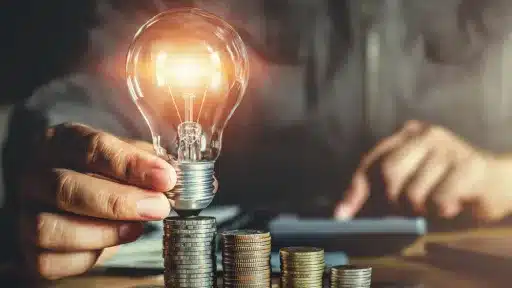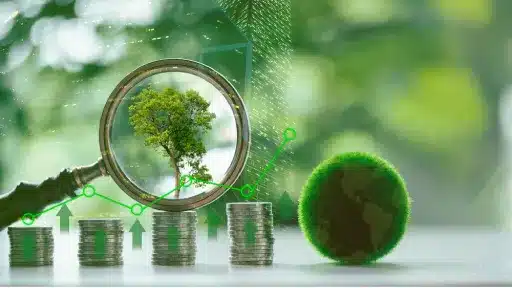In today’s rapidly evolving financial landscape, understanding the instruments that drive markets is more important than ever. Futures explained is a crucial topic for investors, traders, and financial enthusiasts who want to grasp how these contracts can be used for hedging, speculation, or leveraging positions. As market volatility increases and opportunities diversify, having a clear understanding of futures can give you a significant edge in your financial decisions.
Futures Explained: What Are Futures Contracts?
Futures are standardized agreements to buy or sell an asset at a predetermined price at a specific time in the future. These contracts are traded on exchanges and cover a wide range of underlying assets, including commodities, currencies, stock indices, and more.
Key Characteristics of Futures Contracts
- Standardization: Futures contracts are standardized in terms of quantity, quality, and delivery time, which facilitates easy trading on exchanges.
- Leverage: Traders only need to put up a fraction of the contract’s value as margin, allowing control over larger positions with less capital.
- Obligation: Unlike options, futures obligate both the buyer and the seller to fulfill the contract at expiration, though many close positions before then.
Why Futures Matter in Today’s Markets
The use of futures has expanded far beyond commodity trading. Nowadays, they play a vital role in financial markets due to several reasons:
- Price Discovery: Futures markets help determine market expectations about the future price of assets.
- Risk Management: Producers, consumers, and investors use futures contracts to hedge against unfavorable price movements.
- Liquidity: Because futures are traded on regulated exchanges, they provide high liquidity enabling easier entry and exit.
- Speculation: Traders use futures to profit from price movements without owning the underlying asset.
Types of Futures Contracts
- Commodity Futures: Include energy products like oil, agricultural goods such as wheat, and metals like gold.
- Financial Futures: Cover interest rates, treasury bonds, currencies, and stock indices.
- Cryptocurrency Futures: Relatively new, allowing traders to speculate on digital asset price movements.
How Do Futures Work? A Simple Example
Imagine a farmer who expects to harvest 10,000 bushels of corn in three months. Worried that corn prices might drop by harvest time, he sells futures contracts today at a fixed price to lock in his revenue. The buyer, perhaps a food company, agrees to buy the corn at that price, protecting itself from price increases.
This system benefits both parties by reducing uncertainty: the farmer secures a known price, while the buyer ensures stable costs.
Futures Trading Strategies
- Hedging: Protect against price fluctuations by offsetting potential losses in the physical market.
- Speculation: Take advantage of expected price movements to earn profits.
- Spread Trading: Simultaneously buying and selling related contracts to capitalize on the price difference.
Risks Associated with Futures
While futures offer many benefits, they also come with risks that traders must understand before diving in:
- Leverage Risk: Small price changes can lead to significant gains or losses because of margin trading.
- Market Risk: Prices can be volatile and unpredictable.
- Liquidity Risk: Some contracts may not have active trading, making it hard to close positions.
- Margin Calls: If your account falls below the maintenance margin, you may need to deposit additional funds.
Getting Started with Futures
For beginners interested in exploring futures, consider these tips:
- Educate yourself thoroughly about the market and specific asset classes.
- Start with simulated trading accounts to practice without risking real money.
- Use risk management tools such as stop-loss orders.
- Consult with financial advisors or experienced traders when possible.
In conclusion, futures explained illuminate a complex but essential part of modern financial markets. Understanding how futures contracts work, their uses, and potential risks can empower you to make smarter investment decisions. Whether for hedging or speculation, futures remain a powerful tool in the arsenal of any serious trader or investor.


